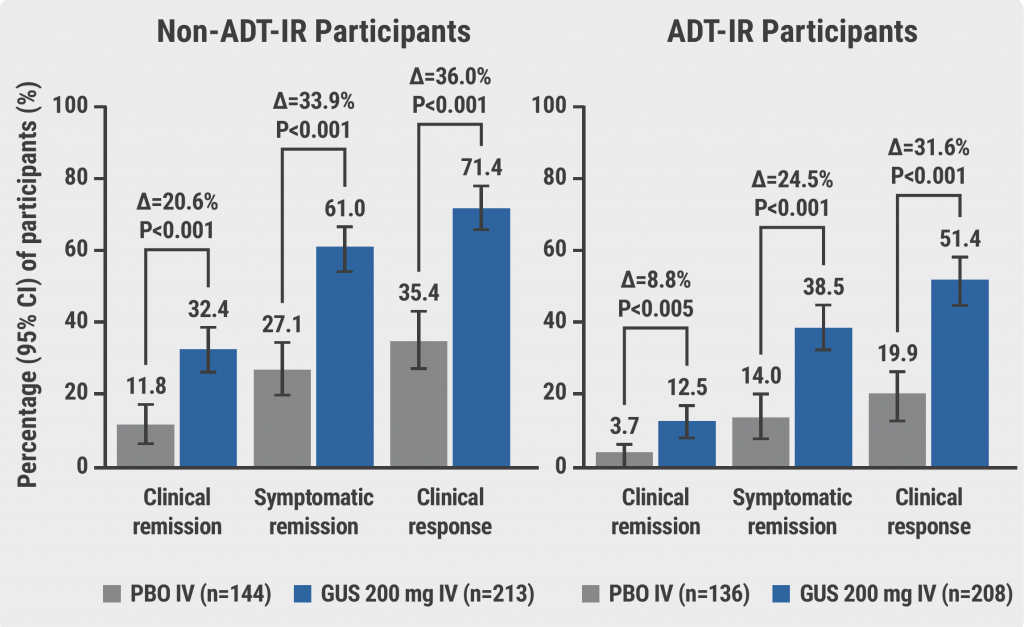https://doi.org/10.55788/a1ae27f0
The study analysed medical records from general practices in the United Kingdom, focusing on women aged 15 and older who were prescribed oral contraceptives or intrauterine devices (IUDs), as well as women aged 55 and older who were prescribed HRT [1]. Patients with inflammatory bowel disease, coeliac disease, peptic ulcer, gastric cancer, or colorectal cancer were excluded.
The primary endpoints were the prevalence rates of IBS and functional dyspepsia and their associations with hormone therapies. The mean age at first registration was 40 years. Among women aged 15 and older, 33% used oral contraceptives and 4.5% used IUDs. Among women aged 55 years and older, 33% used HRT. The overall prevalence of IBS was 16.7% (95% CI 16.6–16.8) and functional dyspepsia had a prevalence of 19.0% (95% CI 18.9–19.1).
Oral contraceptive use was strongly associated with IBS (OR 2.44; 95% CI 2.48–2.41; P<0.001), and a similar association was found for IUD use (OR 2.10; 95% CI 2.15–2.05; P<0.001). These associations were minimally affected by proton pump inhibitor use or Helicobacter pylori’s presence. For women aged 55 and older, HRT use was associated with an increased risk of IBS (OR 1.63; 95% CI 1.65–1.61; P<0.001). The association between oral contraceptives and IUD use with functional dyspepsia in women aged 15 and older was relatively weak. However, for women aged 55 and older, HRT use was significantly associated with functional dyspepsia (OR 2.09; 95% CI 2.12–2.06; P<0.001), though this association was reduced after controlling for proton pump inhibitor use and Helicobacter pylori’s presence.
The study demonstrates that oral contraceptives, IUDs, and HRT are associated with IBS, while HRT is also associated with functional dyspepsia. These findings suggest that hormone-containing therapies are important risk factors for certain gut-brain disorders.
- Jones M, et al. Oral contraceptives, hormonal replacement therapy and risk of disorders of gut-brain interaction (irritable bowel syndrome and functional dyspepsia): a primary care study of over 700,000 women. Mo1133, DDW 2024, 18–21 May, Washington DC, USA.
Copyright ©2024 Medicom Medical Publishers
Posted on
Previous Article
« Meet the Expert: Prof. C. Ola Landgren discusses MRD as a key endpoint in haematological cancer trials Next Article
COX-2 inhibitors show promise in reducing severity of acute pancreatitis »
« Meet the Expert: Prof. C. Ola Landgren discusses MRD as a key endpoint in haematological cancer trials Next Article
COX-2 inhibitors show promise in reducing severity of acute pancreatitis »
Table of Contents: DDW 2024
Featured articles
PREEMPT CRC: Blood-based screening test for colorectal cancer shows promise
Eosinophilic Oesophagitis Treatments and Outcomes
Mepolizumab improves the histologic severity of eosinophilic oesophagitis
Budesonide demonstrates efficacy in eosinophilic oesophagitis
Dupilumab shows promising results in treating paediatric eosinophilic oesophagitis
Quality-of-life assessment in children with eosinophilic oesophagitis
Gut-Brain Axis and Neurological Disorders
Gut permeability and neuroinflammation linked in Parkinson’s disease
Cardiovascular and Metabolic Health Innovations
Promising data for cardiovascular outcomes of bariatric surgery in patients with obesity
Inflammatory Bowel Disease Therapies
GALAXI 2 & 3: Guselkumab proves efficacy in Crohn’s disease
QUASAR maintenance study: Guselkumab effective and safe for UC
VEDOKIDS: Vedolizumab maintains remission in patients with paediatric IBD
ADMIRE-CD II: Darvadstrocel does not meet primary endpoint in complex Crohn’s perianal fistulas
Advances in Endoscopy and Screening Techniques
PREEMPT CRC: Blood-based screening test for colorectal cancer shows promise
New cable-transmission capsule endoscopy shows high accuracy in detecting upper GI lesions
Liver and Biliary Tract Diseases Updates
Superior OS with atezolizumab plus bevacizumab versus lenvatinib in unresectable HCC
Nutritional consultation boosts nutritional status in patients with alcohol-associated hepatitis
REGENERATE study: Obeticholic acid shows antifibrotic benefit in NASH
Acalculous cholecystitis as a risk factor for gallbladder perforation: insights from a 10-year retrospective study
Other Gastrointestinal Diseases
STARS: Apraglutide shows efficacy in short bowel syndrome with intestinal failure
COX-2 inhibitors show promise in reducing severity of acute pancreatitis
Hormone-containing therapies may increase the risk of IBS and functional dyspepsia
Related Articles
December 7, 2023
Risankizumab resolves extraintestinal manifestations in CD
December 7, 2023
Digital intervention relieves symptoms and improves QoL in IBS

© 2024 Medicom Medical Publishers. All rights reserved. Terms and Conditions | Privacy Policy
HEAD OFFICE
Laarderhoogtweg 25
1101 EB Amsterdam
The Netherlands
T: +31 85 4012 560
E: publishers@medicom-publishers.com

